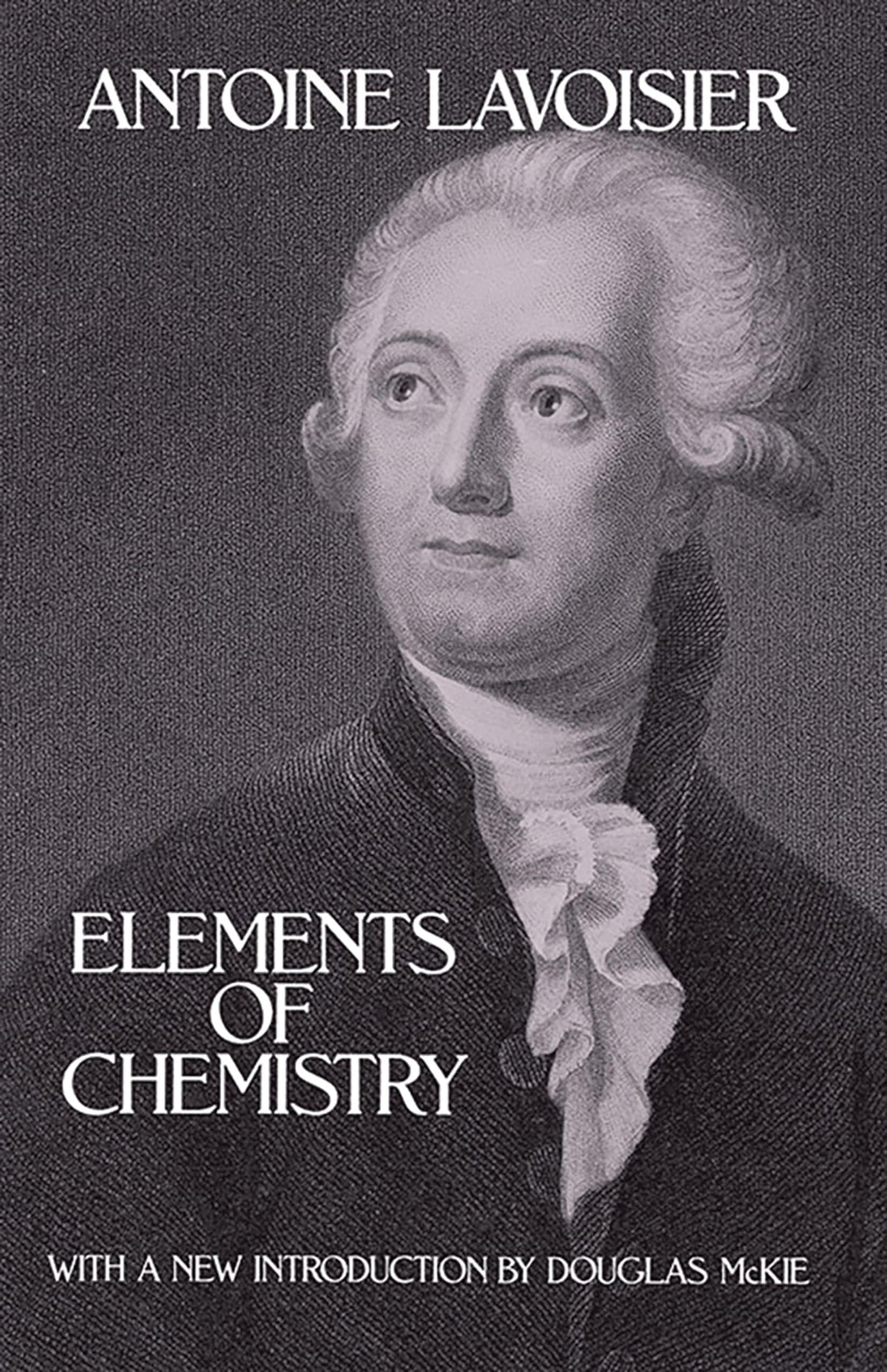Elements Of Chemistry
Elements Of Chemistry is backordered and will ship as soon as it is back in stock.
Couldn't load pickup availability
Genuine Products Guarantee
Genuine Products Guarantee
We guarantee 100% genuine products, and if proven otherwise, we will compensate you with 10 times the product's cost.
Delivery and Shipping
Delivery and Shipping
Products are generally ready for dispatch within 1 day and typically reach you in 3 to 5 days.
Book Details
-
Publisher: Dover
-
Author: Antoine Lavoisier
-
Language: English
-
Edition: Revised Edition
-
ISBN: 9780486646244
-
Pages: 539
-
Cover: Paperback
-
Dimensions: 8.5 x 5.4 x 1.5 inches
About The Book
Antoine Lavoisier’s Traité Élémentaire de Chimie (Elementary Treatise of Chemistry) is a cornerstone in the development of modern chemistry. Lavoisier’s groundbreaking work in identifying the compositions of air and water, and his analysis of combustion, led to his dismissal of the phlogiston theory and the introduction of oxygen, a term he coined. His pioneering discoveries and recognition of chemical elements as the ultimate residues of chemical analysis laid the foundation for modern chemistry.
This revised edition of the famous English translation, first published in 1790 by Robert Kerr, offers a detailed account of Lavoisier’s experiments and the reasoning that led to his revolutionary conclusions. His Traité is often regarded as one of the greatest scientific works, akin to Newton’s Principia in its impact on physics, solidifying Lavoisier’s status as the father of modern chemistry.
The book is divided into three parts. The first part covers the composition of the atmosphere, water, and related experiments, introducing the law of the conservation of matter in chemical change. The second part details the compounds of acids with various bases, along with an extensive table of compounds. Its most significant contribution is the first modern list of chemical elements. The third section discusses the apparatus and instruments of chemistry, some of which are illustrated in the section of plates at the end of the book.
This facsimile edition is enhanced by an insightful introductory essay by Douglas McKie, a distinguished historian of science from University College London. McKie provides a comprehensive survey of the historical developments leading up to Traité, evaluating Lavoisier’s contributions and the book’s enduring significance in the history of chemistry.





